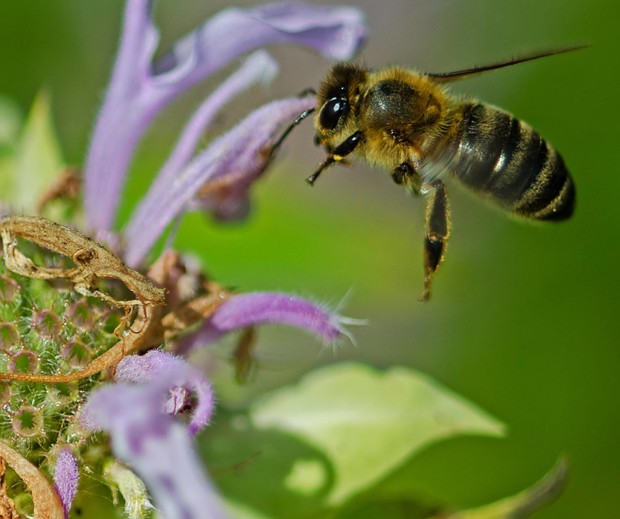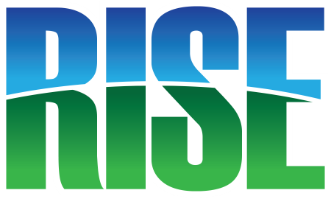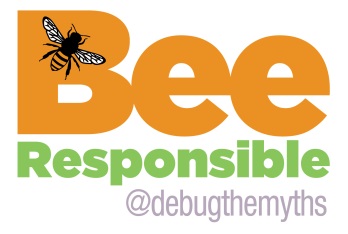Bees Play an Important Role with the Plants We Grow
National Pollinator Week takes place June 16-22
RISE offers steps to promote pollinator health
For more information, contact:
Renee Cossman
(817) 716-3509
renee.cossman@fleishman.com
(WASHINGTON) June 12, 2014 – Bees pollinate more than 16 percent of flowering plant speciesi , including those found in yards, landscapes and parks in our communities and across our country. During Pollinator Week – June 16-22, 2014, and all year long – each of us can take action to understand the many factors contributing to bee health, and make a difference by promoting pollinator health in our own backyards.
“National Pollinator Week gives each of us the opportunity to step outside and survey our lawn and landscapes to see how we can contribute to long-term bee health,” said Karen Reardon, vice president, public affairs, at RISE (Responsible Industry for a Sound Environment)®. “One way we can promote bee health is by creating an inviting habitat with an abundant source of food to ensure bees can meet their nutritional needs to survive and thrive.”ii
Government officials and scientists agree bee health is a complicated and long-standing concern—one that dates back to the 1800s. For example, The National Stakeholders Conference on Bee Health in 2013 reported the Varroa mite, a parasite that feeds on bee larva and attaches itself to adult bees, remains the “single most detrimental pest of honey bees.”
“Our industry is doing its part to address stressors on bee health as well,” said Reardon.
Each of us can play an important role in keeping pests at bay and creating a healthy environment for bees. Some of the steps you can take include:
1) Welcoming pollinators to your backyard by choosing pollinator-friendly plants. Bees prefer blue, yellow, or bright white flowers that have a large landing surface and shallow shape. iii
2) Planting a variety of flowers that bloom throughout the growing season to provide continual pollinating opportunities.
3) Growing native flowers and plants will adapt better to where you live and provide a familiar food source to local pollinators.
4) “Bee-ing” responsible by always reading and following all label instructions when using any pesticide products. Make sure to choose the right product for your problem, and apply it correctly.
5) Downloading and using a pollinator-friendly planting guide app from your smartphone or mobile device.
To learn more about the many factors affecting bee health and how we can work together to support their long-term health, visit www.debugthemyths.com. Join the conversation on Facebook and Twitter with hashtag #BeeResponsible.

—
About RISE
Located in Washington, D.C., RISE is the national association representing the manufacturers, formulators, distributors, and other industry leaders involved with pesticide and fertilizer products used in vector control, pest control, turf, ornamental, aquatic and terrestrial vegetation, and other non-food/fiber applications. Learn more about RISE at www.debugthemyths.com.
—
i – http://interests.caes.uga.edu/insectlab/agimpact.html
ii – http://www.ces.ncsu.edu/wp-content/uploads/2013/10/2.03-copy.pdf
iii – http://www.pollinator.org/PDFs/Guides/PacificLowlandrx9FINAL.pdf


